The secrets of exotic pet diets: expert advice you need to know
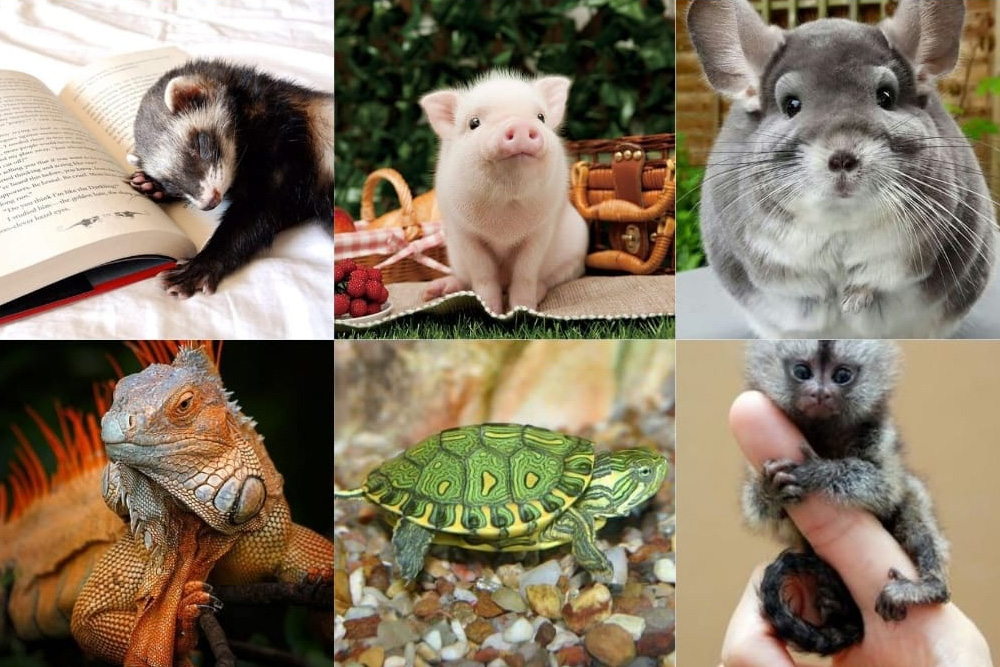
Are you the proud owner of an exotic pet? Do you want to ensure that your furry, feathered or scaly friend is getting the best possible nutrition? Look no further! In this article, we’ll be sharing some tips and tricks for feeding exotic pets. From reptiles to birds, we’ve got you covered. With the latest information on pet nutrition, you’ll be able to provide your pet with a diet that will keep them happy and healthy.
Exotic pets have unique dietary needs that differ from those of more common pets like cats and dogs. It’s important to do your research and consult with a veterinarian to ensure that you’re providing your pet with a balanced and nutritious diet. In this article, we’ll be discussing some common mistakes that pet owners make when feeding their exotic pets, as well as providing tips on how to avoid them.
Related articles
1- Treat Your Pet Like Family: 10 Fun Activities to Do Together
2- Keep Your Pet Healthy and Happy with Regular Veterinary Check-ups
3- How to Keep Your Pets Mind Sharp with Unique Games and Foods!
4- From Fat to Fit: Home Exercises for Your Obese Pet
As exotic pets, such as reptiles, birds, and small mammals, have become increasingly popular over the years. These unique creatures require specific diets that cater to their nutritional needs. Feeding pets a proper diet is crucial to their overall health and well-being. In this article, we will provide some tips and tricks for feeding your exotic pets a healthy and balanced diet.
When it comes to feeding exotic pets, it’s important to understand their specific dietary requirements. Some pets, such as herbivores, require a diet high in fiber, while others, such as carnivores, require a diet high in protein. It’s essential to research your pet’s dietary needs and consult with a veterinarian or a specialized pet store before creating a meal plan.
For herbivores, a diet that consists of fresh vegetables and fruits is ideal. For example, rabbits and guinea pigs require a diet that’s high in fiber and low in protein. Vegetables such as kale, collard greens, and carrots are excellent choices, and fruits such as strawberries and apples make great treats. Make sure to avoid feeding them too much sugar, as it can lead to obesity and other health issues.
Carnivorous pets, such as snakes and lizards, require a diet that’s high in protein. Their diet should consist of prey items such as rodents, insects, and other small animals. It’s essential to feed them prey that’s appropriate for their size and to avoid overfeeding. Overfeeding can lead to obesity, which can cause health problems such as heart disease and liver disease.
When it comes to feeding birds, it’s important to provide a balanced diet that includes a mix of seeds, fruits, and vegetables. Seeds should only make up a small portion of their diet, as they are high in fat and low in nutrients. Fresh fruits and vegetables such as apples, broccoli, and carrots are excellent choices. It’s also important to provide a source of calcium, such as cuttlebone, to prevent calcium deficiency.
Small mammals, such as hamsters and rabbits, require a diet that’s high in fiber and low in fat. A diet that includes hay, vegetables, and fruits is ideal. Hay is essential for their digestive health and helps prevent dental problems. Vegetables such as spinach and broccoli, and fruits such as apples and bananas, make great additions to their diet.
One thing to keep in mind when feeding exotic pets is that their diets can be expensive. High-quality foods and fresh produce can add up quickly. However, feeding your pet a healthy diet is essential to their overall health and well-being. If you’re on a tight budget, consider buying in bulk or finding a local farmers market to purchase fresh produce.
Another important factor to consider is hydration. All pets require access to clean, fresh water at all times. It’s important to change their water daily and provide a source of hydration other than water, such as fresh fruits and vegetables.
In addition to providing a healthy diet, it’s essential to monitor your pet’s weight and overall health. Weight gain or loss can be an indication of health issues. If you notice any changes in your pet’s weight or behavior, consult with a veterinarian as soon as possible.
In conclusion, taking care of an exotic pet’s dietary needs can be a challenging but rewarding experience. By doing your research and consulting with experts, you can provide your pet with a balanced and nutritious diet that will keep them healthy and happy.
Remember to avoid common mistakes such as feeding your pet a diet that is too high in fat or not providing enough variety. Ensure that your pet has access to fresh water at all times and monitor their intake to make sure they are staying hydrated.
There are many resources available for learning more about exotic pet nutrition. Consult with your veterinarian and seek out reputable sources of information such as books and websites written by experts in the field.
By following these tips and tricks, you can provide your exotic pet with the best possible care. With a little effort and attention to detail, you can ensure that your furry, feathered or scaly friend is getting the nutrition they need to thrive.
Sobre o Autor
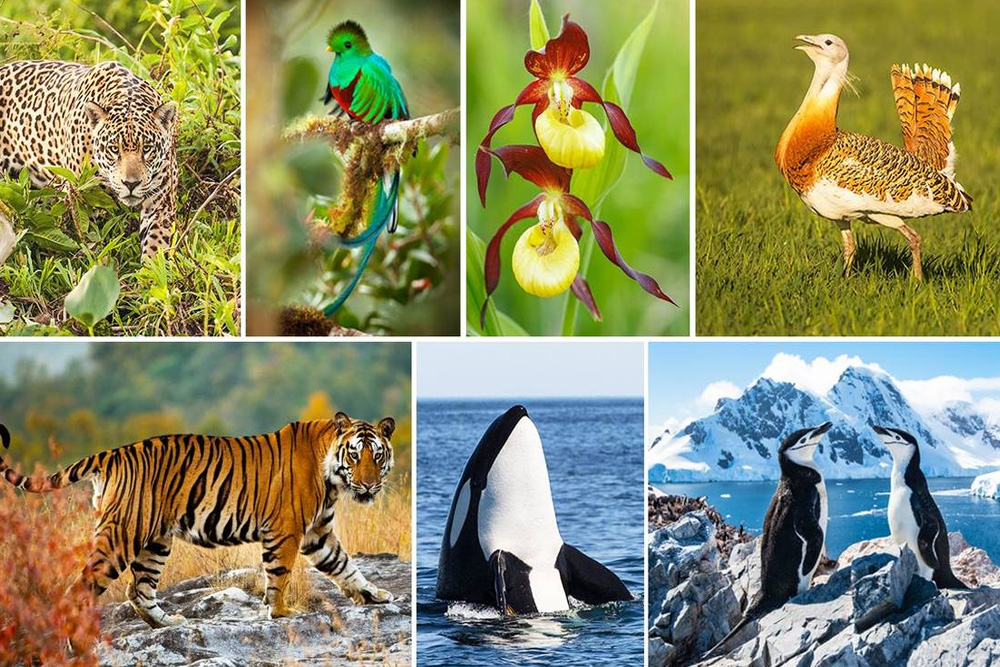
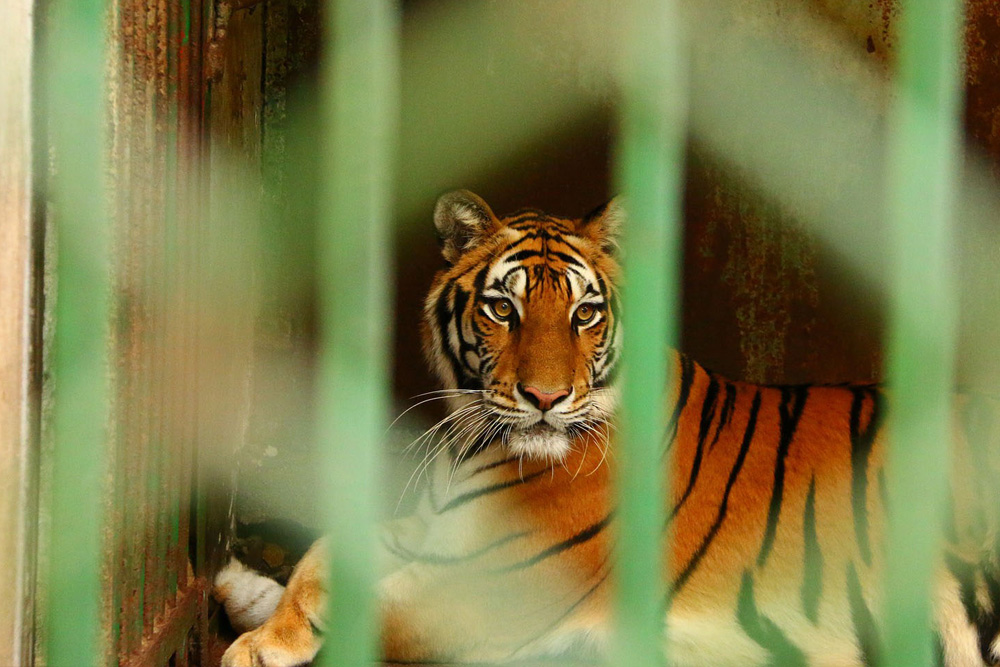
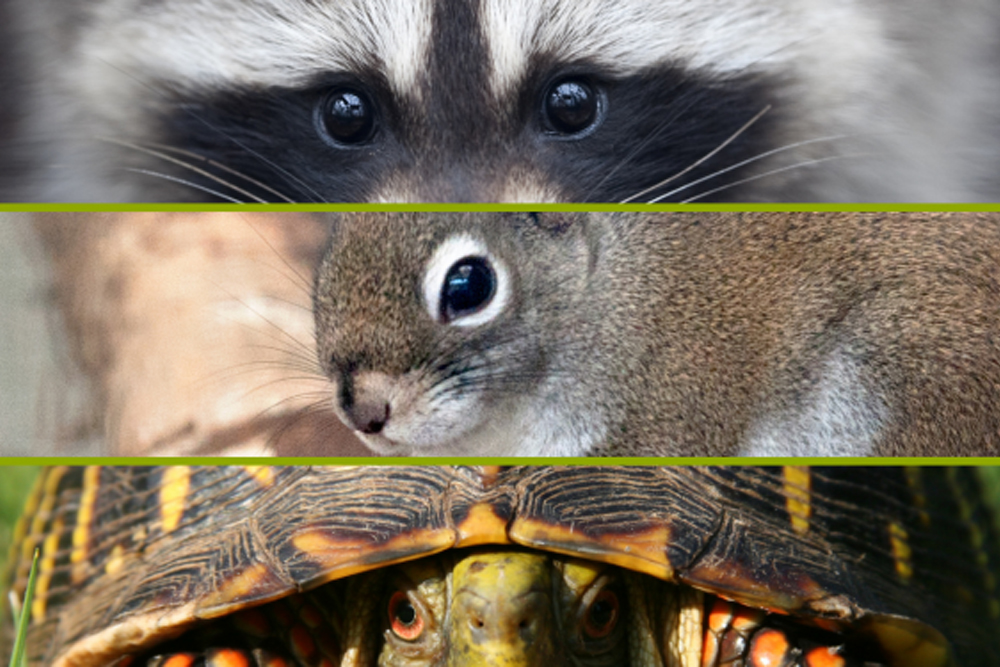
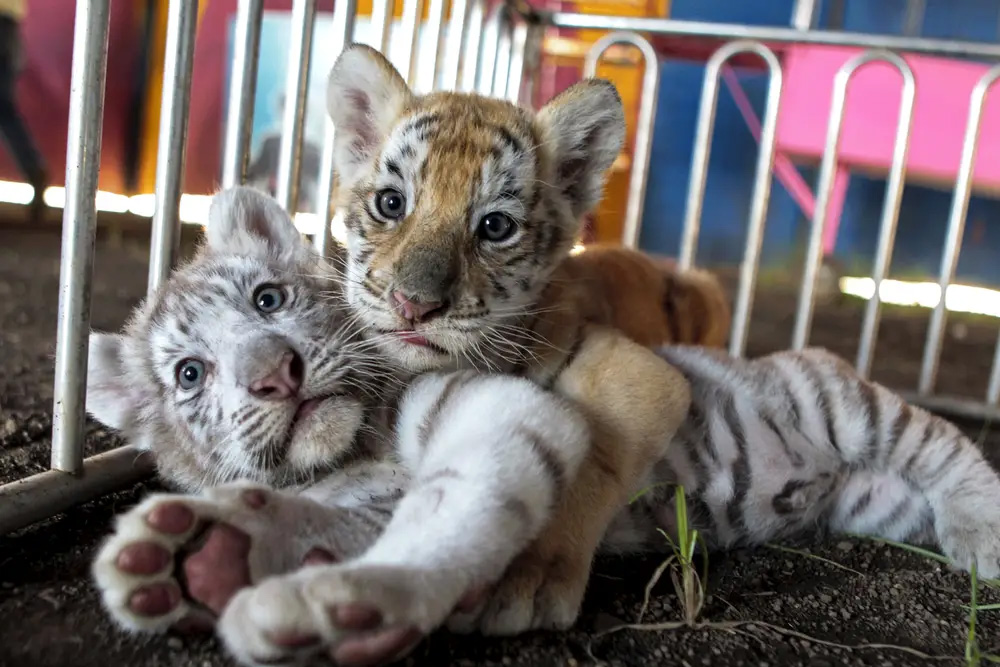
0 Comentários